Coffee News Roundup: Week Ending August 2nd

Hello and welcome to another Coffee News Roundup, your go-to source of sometimes informative, mostly pointless, always snarky coffee tidings.
Coffee-Growing Nations Plan UN Protest as Slump Ruins Farmers - via Bloomberg
Coffee prices are plummeting. Farmers are abandoning their farms, causing mass destabilization and migration.

It’s having such an effect on coffee-growing nations that their leaders are stepping in, with Brazil’s president Jair Bolsonaro reportedly set to join Colombia’s Ivan Duque in protesting at this year’s meeting of the UN General Assembly.
According to Roberto Velez, head of the National Federation of Coffee Growers, the leaders will demand that the world’s biggest roasters, such as Starbucks and Nestlé, pay more for the coffee they buy.
“It is not just farmers but also their governments that are complaining to the coffee-roasting industry,” Velez said.
In Sprudge this week, Zac Cadwalader wrote a fire emoji opinion piece based off the Bloomberg story entitled “It’s Time To Regulate The Coffee Market”, which is worth taking the time to read:
But Nestle and Starbucks can’t lose market share, or they’re beholden to stockholders, or any other number of businessy-sounding reasons for why they will continue to exploit immoral prices while releasing statements about how they vehemently disagree with them. No one commodity coffee buyer is going to put their neck out for the little guy, either in fear of it getting lopped off by the great golden axe of capitalism or because they simply don’t want to.
India’s ‘Coffee King’ Found Dead Amid Financial Troubles - via New York Times
The body of V. G. Siddhartha, founder of the Indian chain Cafe Coffee Day, was found on Wednesday after an extensive two day search in the city of Mangaluru, in southern India.
Siddhartha, whose family had been in the coffee growing business for 130 years and who had himself bought up thousands of acres of coffee plantations to supply his cafes, had been under financial pressure amid tax authority raids and massive debt.
This Forbes article gives some good background on the man himself, and how he came to be one of India’s most successful entrepreneurs.
Huskee is Rolling Out its Reusable-Cup-Swapping Program for Cafes - via Daily Coffee News
Reusable cup deposit schemes are becoming ever more popular, which is excellent news considering the fact that most normal people don’t carry their own coffee cup with them at all times. This very roundup reported on a similar scheme in Berkeley just last week!
Huskee, maker of the coffee-cup-made-from-coffee, has launched their own version through a network of partner cafes and chains around the world.
Similar to most other cup-swap schemes, the Huskee version involves cafes buying a bunch of the rather attractive cups, and handing them out. The customers then, hopefully, return them to any participating location to get washed and reused.
As one example, in Boise, Idaho, several cafes have grouped together to offer the program on a larger scale, and plenty of other small chains are also participating across the country.

While it’s hard to find out exactly what Huskee cups are made of, the Daily Coffee News article says that they’re composed of “up to” 50% coffee husk waste collected during processing. The other 50-ish%? Er, plastic. Post-consumer polypropylene, but still plastic. (Huskee does say that their cups are recyclable.)
Anyway. Drop in the trash can as it might be (the number of disposable cups being sent to landfill every year from Starbucks alone is 6 billion) but at the very least it’s educating consumers about coffee waste and encouraging interest in the circular economy, something that will become ever more important as the world continues to burn and our leaders do nothing about it.
Illy Has Created the Ultimate Coffee-Lovers’ Retreat in Italy—and It’ll Only Set You Back $100,000 - via Robb Report
Yes, you read that right. You can pay illy $100,000 to take part in the Ultimate Italian Coffee Package wherein they fly you to Italy to, well, learn about coffee and eat food.
The trip fittingly starts in San Francisco, where you’ll take part in a coffee seminar before “jumping on your very own private jet en route to Italy’s coffee capital Trieste.”
Cool.
Here you’ll “tour the illy headquarters, dabble in mixology and latte art while mingling with coffee experts and members of the illy family.”
Then there’s some Michelin-starred blah blah and staying at a fancy resort.
Worth $100,000?
Maybe if you’re Jeff Bezos, who has so much money he is literally going to space just to spend it.
The week in corporate greenwashing
Here’s an article in Forbes entitled “Coffee Farmers Are In Crisis. Starbucks Wants To Help.”
Oh boy.
In its defense, the article does go into the coffee price crisis in some detail, talking about the pressures on farmers from all sides and the steps some are taking to alleviate the problems. It’s just the bit about Starbucks wanting to help that smacks of disingenuousness.

“We...feel compelled,” says Michelle Burns, Senior Vice President of Coffee and Tea for Starbucks Corporation, “to look at what else we can do.”
The article is full of vague sentences like “Companies like Starbucks do pay more for beans, but only beans that are properly processed” and “The company has long been an industry leader in paying above-market rates”.
Oh and this one: “The company recently made relief payments to its farmers in Guatemala, Nicaragua, El Salvador and Mexico.”
Great. How much? How was it allocated? Were there strings attached? The article gives no details about any of it, although this line—”Starbucks does pay above-market rates, but the company has repeatedly declined to reveal exact numbers”—is pretty indicative of the whole sham.
Is coffee good for you?
Well.
“Daily coffee intake after laparoscopic elective colorectal resection may prevent postoperative ileus and reduce hospital stay due to a significantly shorter time to first bowel movement, according to data published in Diseases of the Colon and Rectum.”
Yikes. Thanks, Healio, I guess?
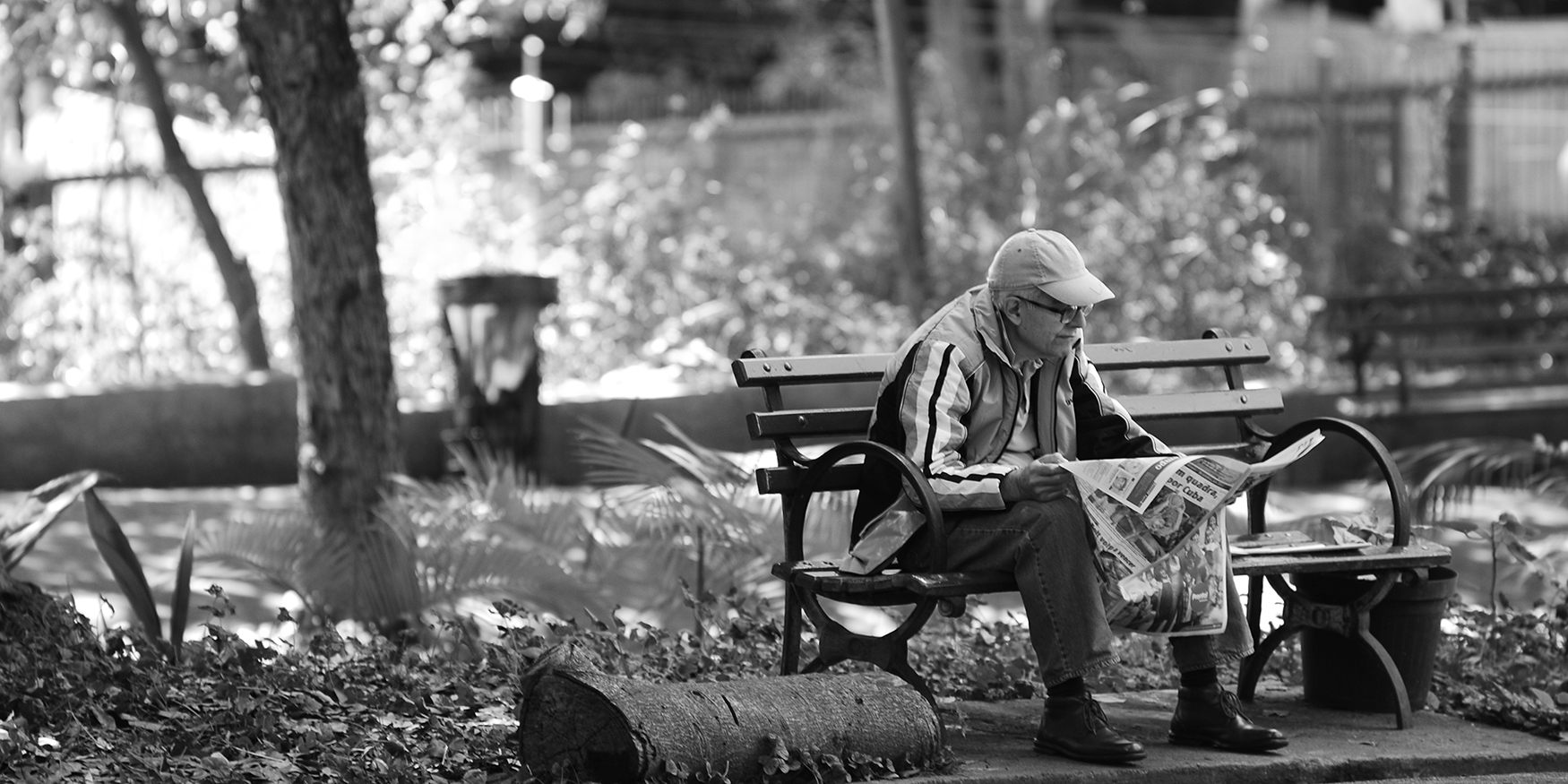
What to read
Don Bolles Files: Were The Popular Hobo Joe's Coffee Shops Connected To The Mafia? by Richard Ruelas
Undercurrent Coffee Rides Wave of Support into Charlotte’s Optimist Hall by me!
James McCarthy On Making Specialty Coffee Safer For Trans and Nonbinary Folks by Mark Van Streefkerk
Until next week, drink good coffee.
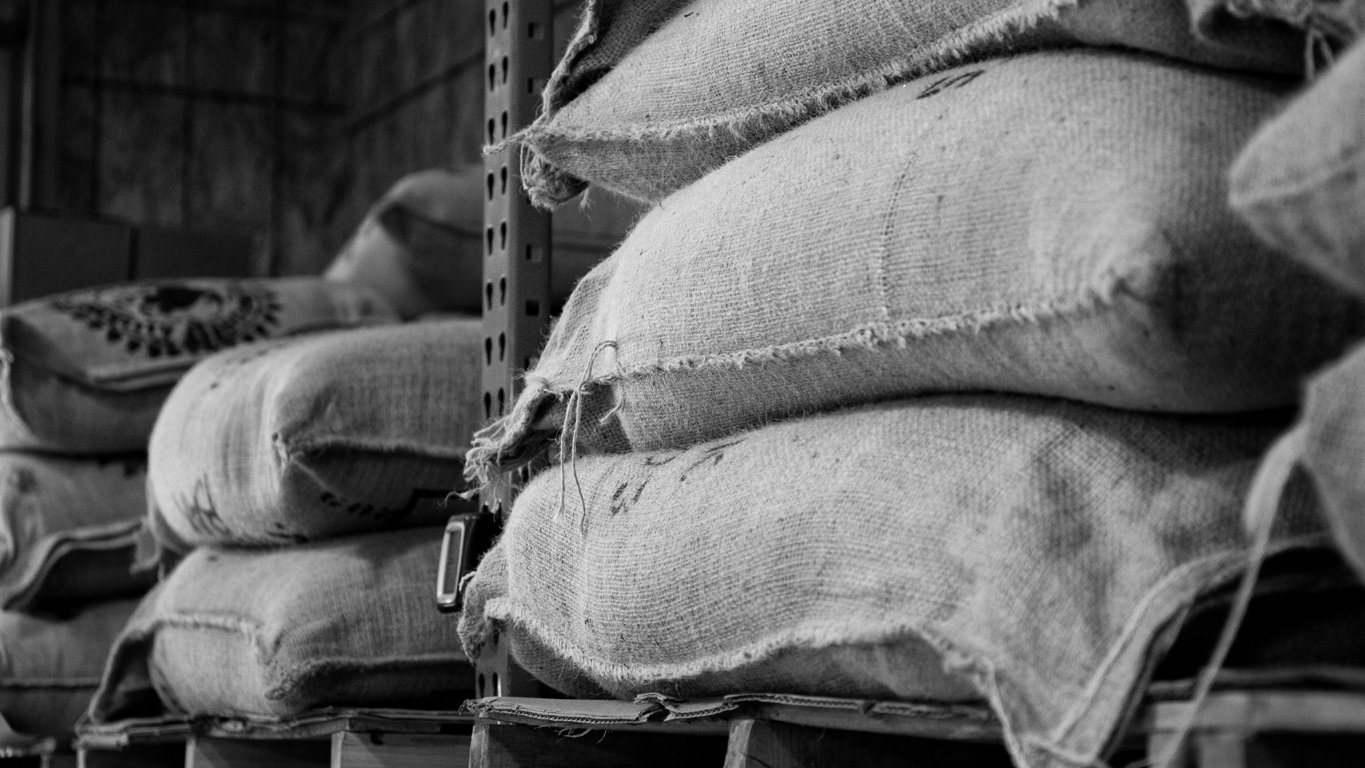
Nov 24, 2023 Connecting the Dots: Inside the 2023 Coffee Barometer Nov 24, 2023 Nov 24, 2023
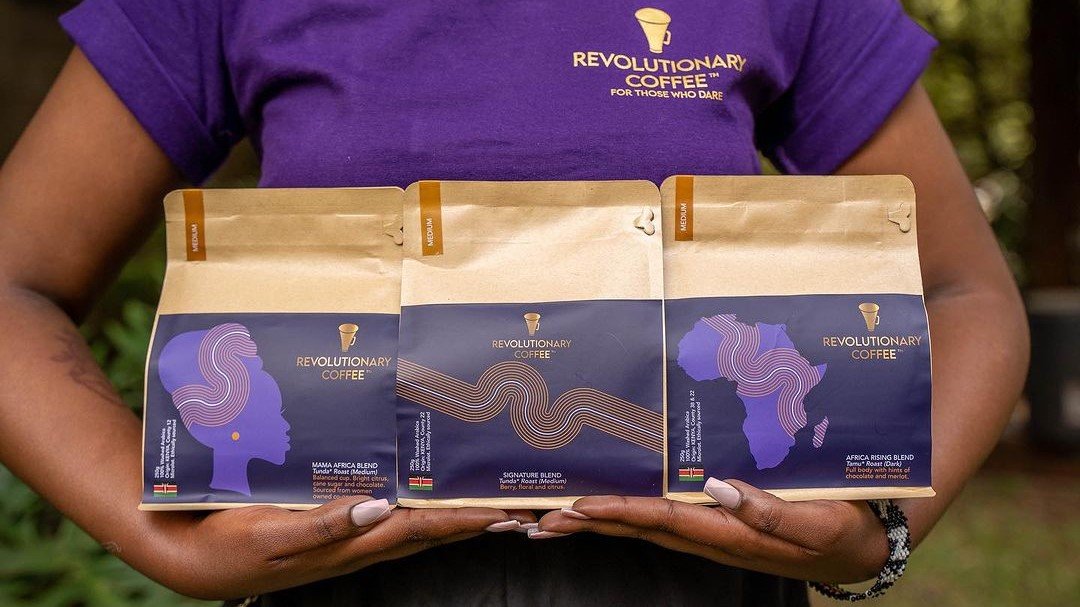
Oct 21, 2023 'Specialty Coffee Should be Enjoyed by Those Who Grow It': The Farmer's Daughter Joining Kenya's Coffee-drinking Revolution Oct 21, 2023 Oct 21, 2023
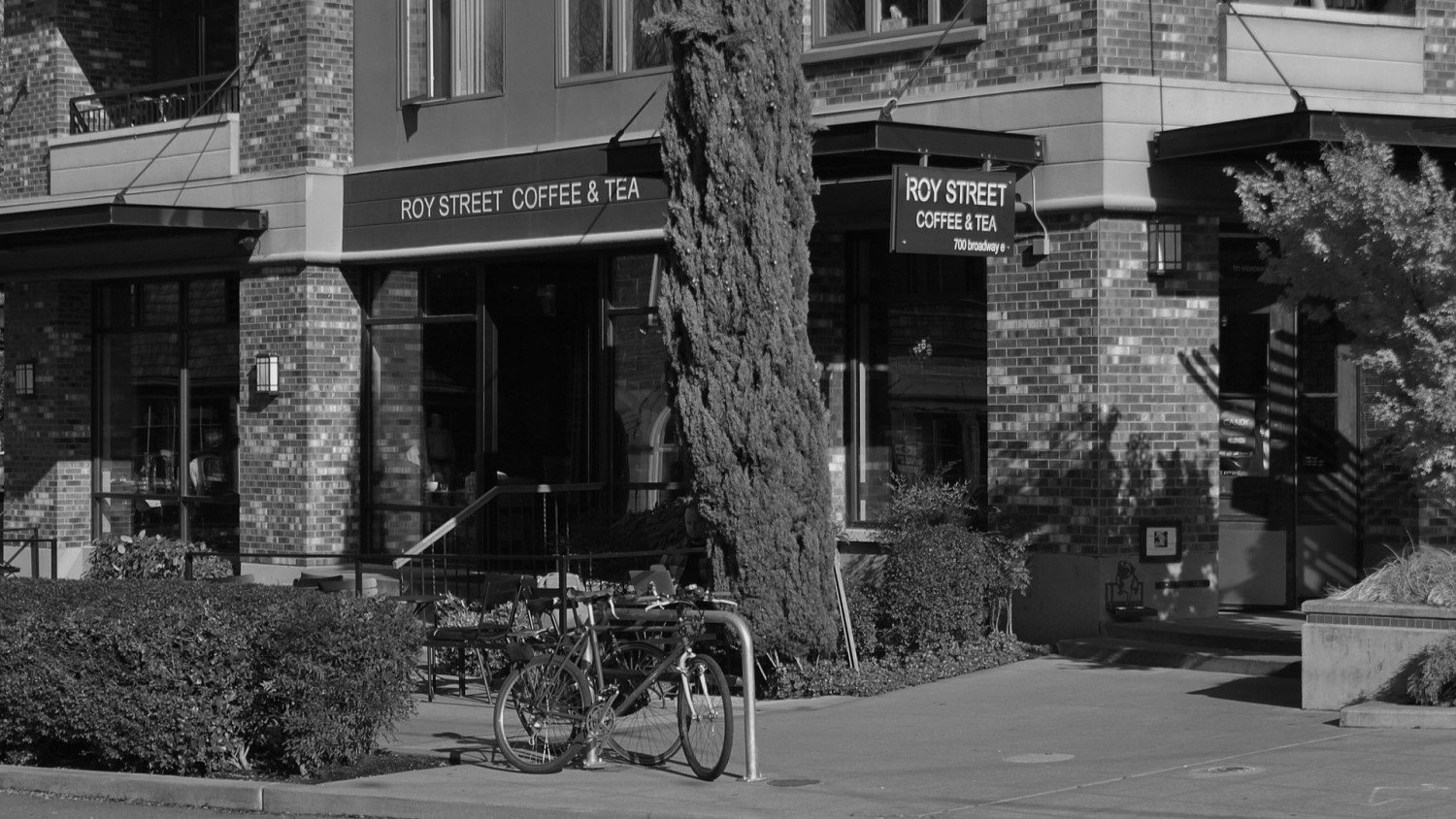
Oct 6, 2023 Stealth Starbucks: A Premonition of Modern Specialty Coffee Oct 6, 2023 Oct 6, 2023
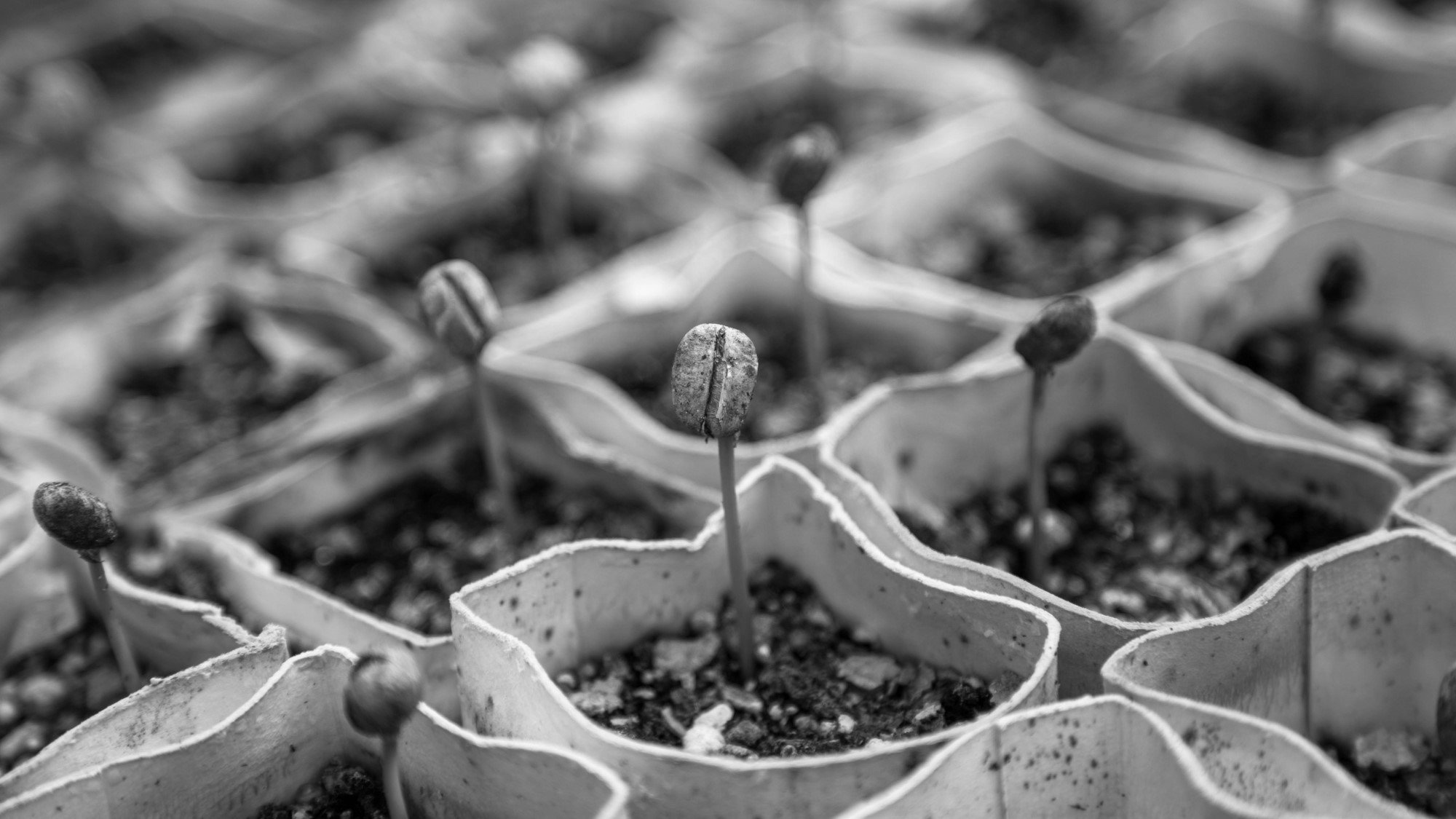
Sep 22, 2023 Can the Coffee Change Fund Save Coffee? Sep 22, 2023 Sep 22, 2023
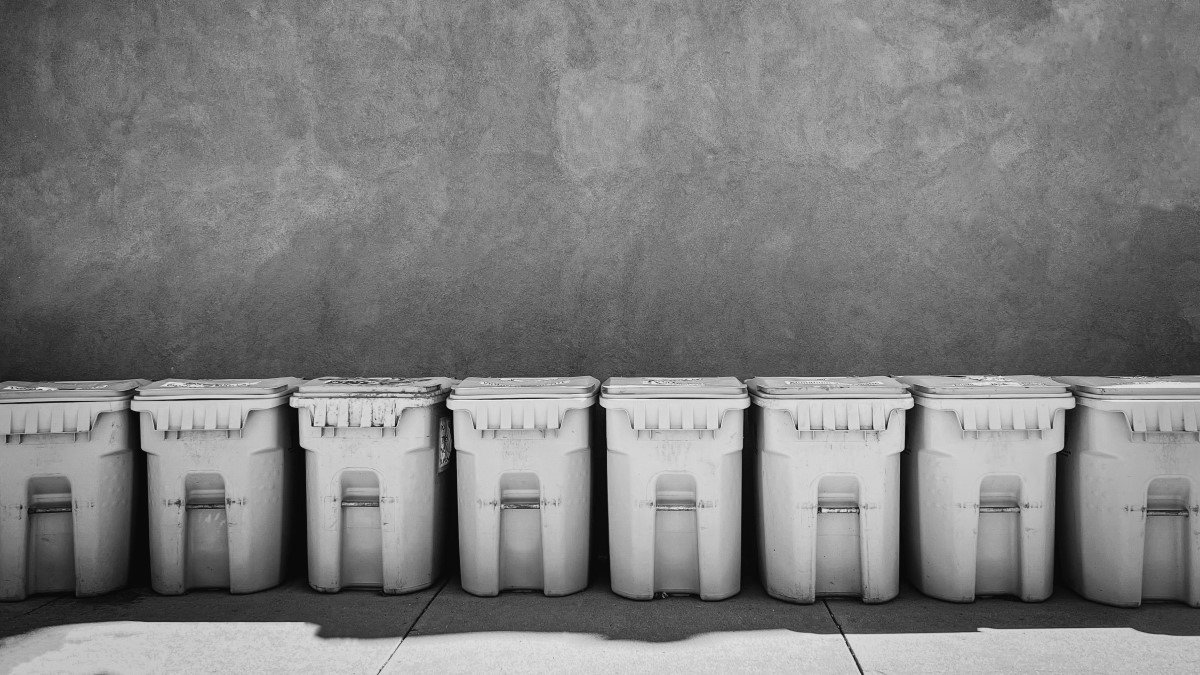
Sep 8, 2023 Upcycled Coffeewashing Sep 8, 2023 Sep 8, 2023
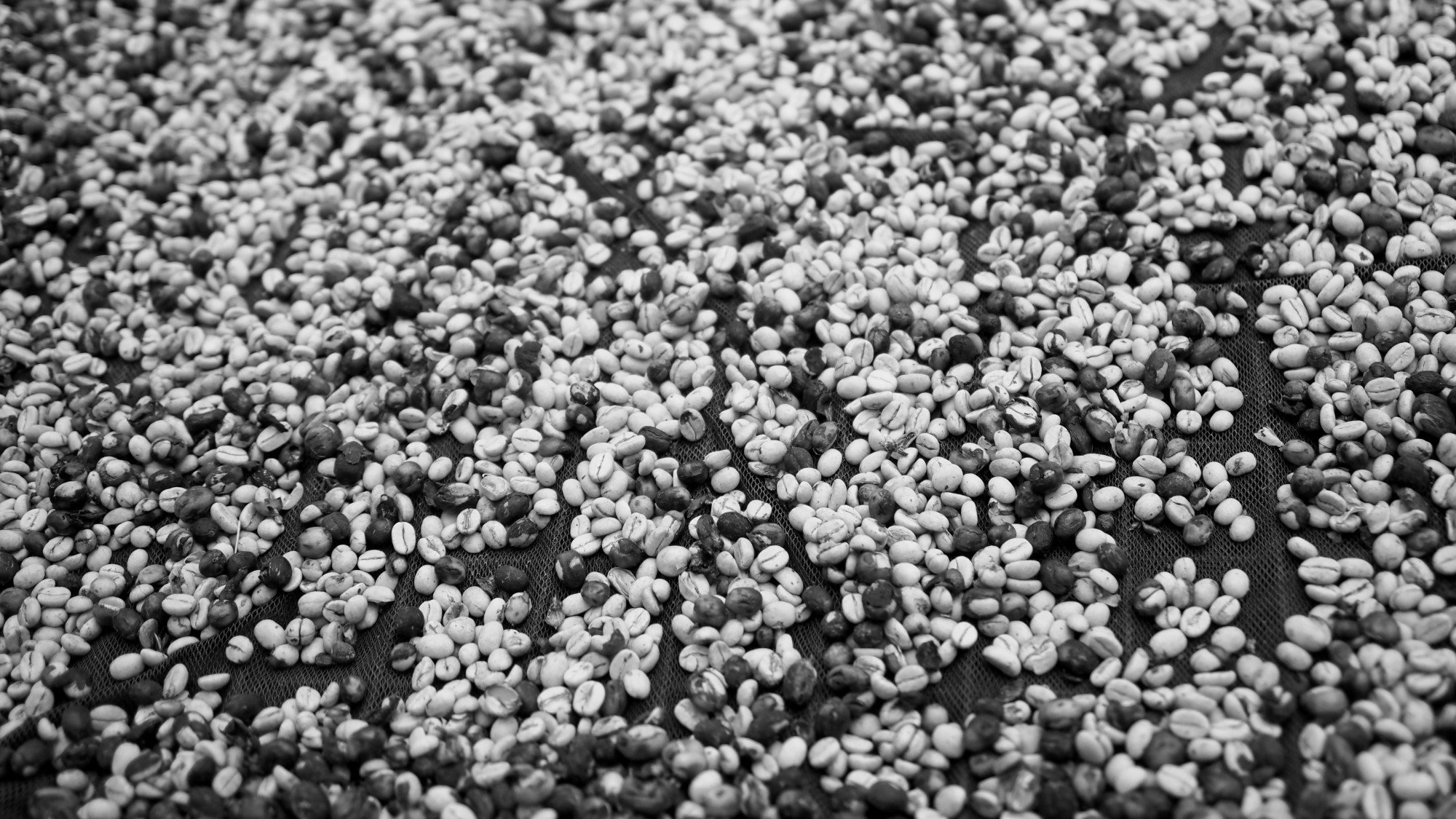
Aug 25, 2023 From A Concerned Farmer Aug 25, 2023 Aug 25, 2023

Aug 11, 2023 Philly is a (Coffee) Union Town Aug 11, 2023 Aug 11, 2023
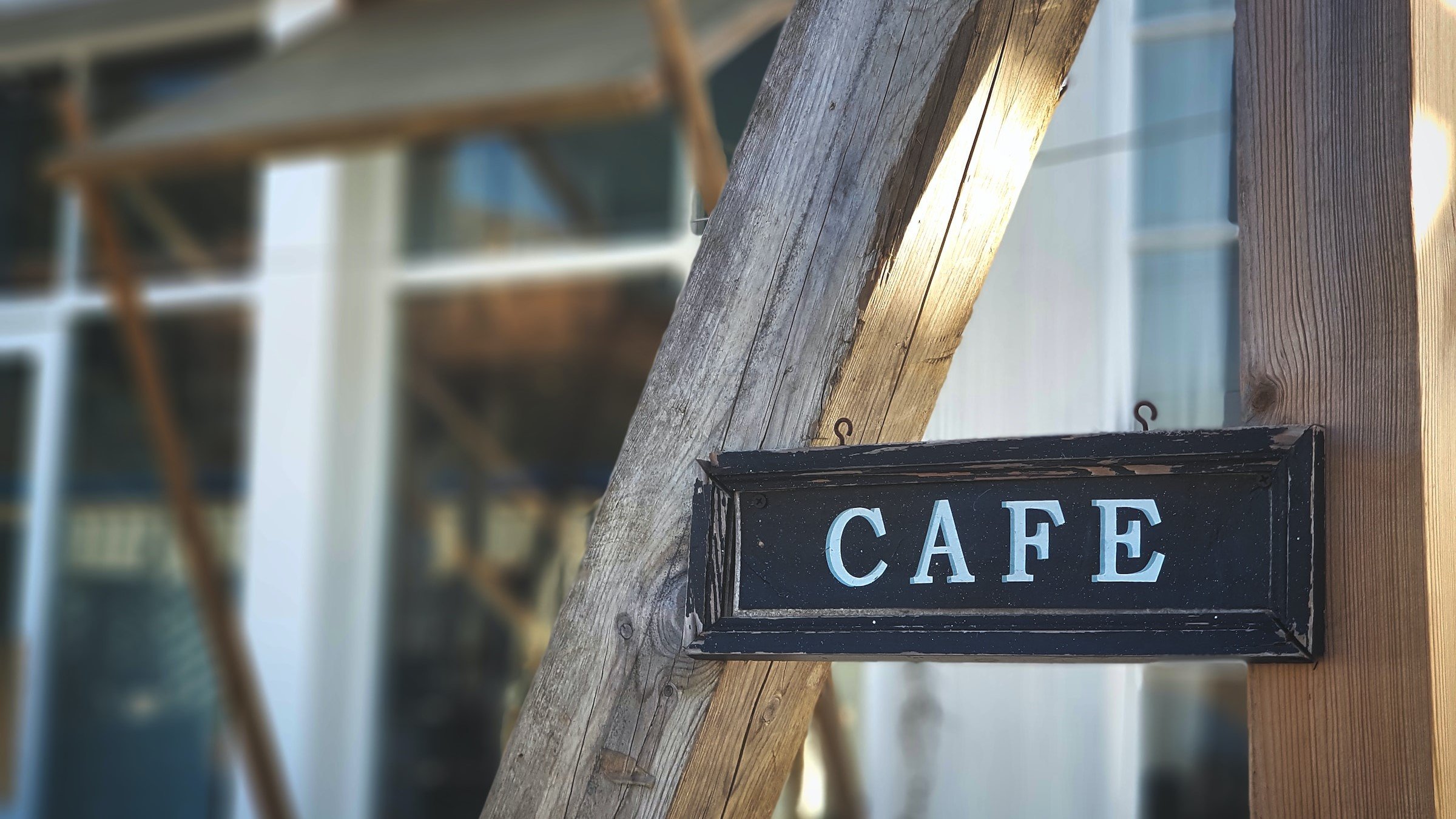
Jul 28, 2023 South Korea's Coffee Wars Jul 28, 2023 Jul 28, 2023
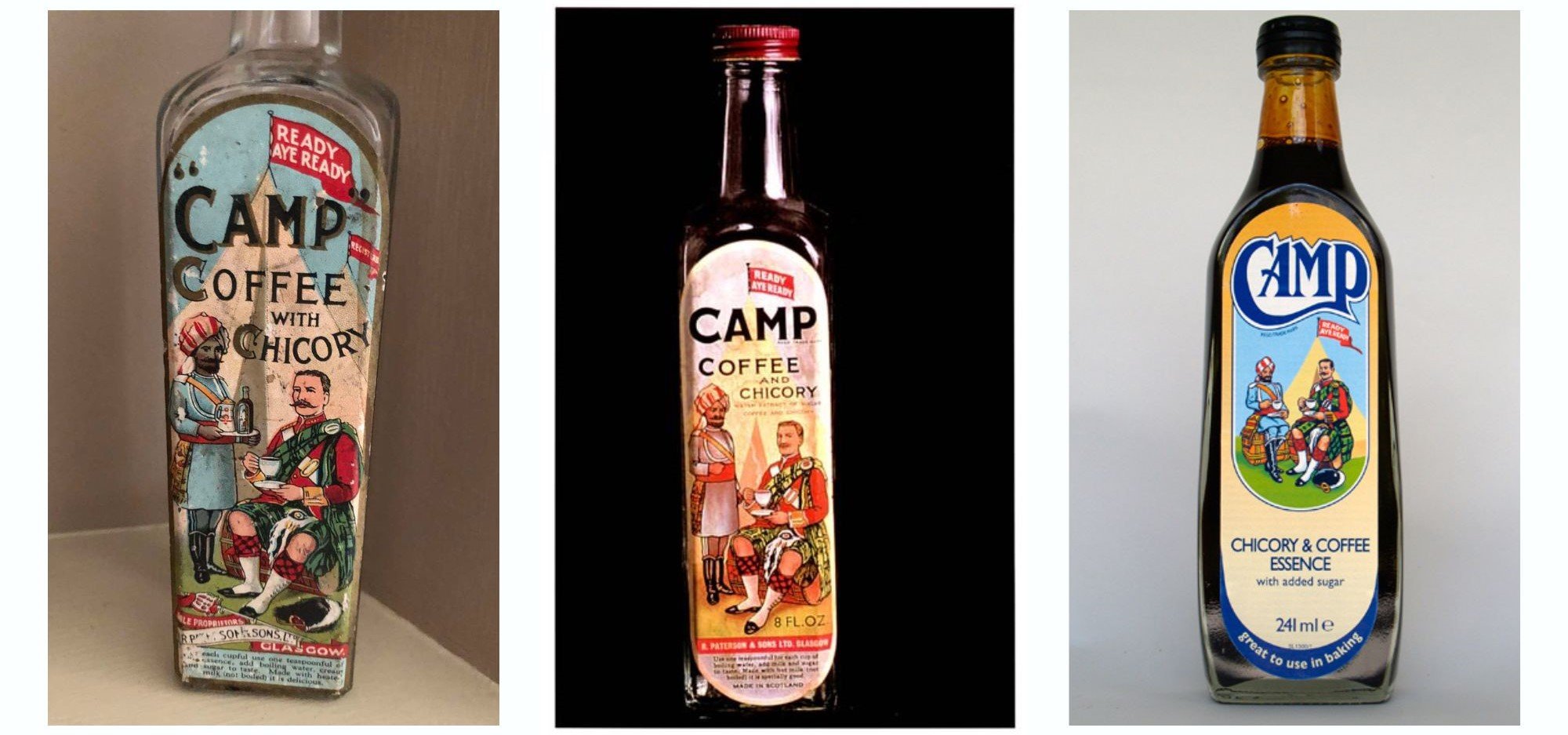
Jul 14, 2023 Camp Coffee, Colonialism, and the Evolution of a Brand Jul 14, 2023 Jul 14, 2023
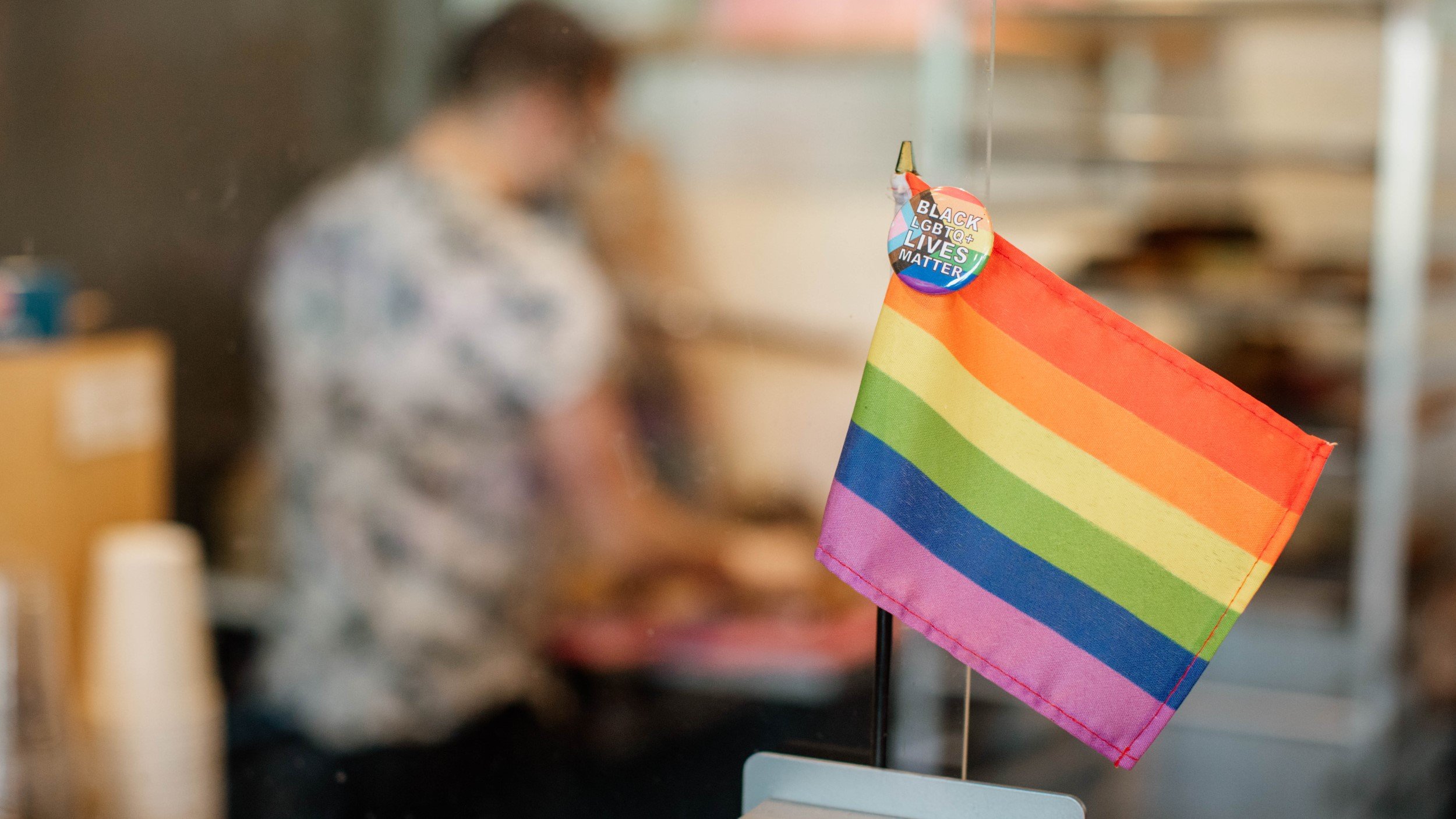
Jun 30, 2023 Defiance and Gay Frog Donuts: How Strange Matter Coffee is Navigating the Anti-LGBTQ+ Backlash Jun 30, 2023 Jun 30, 2023





